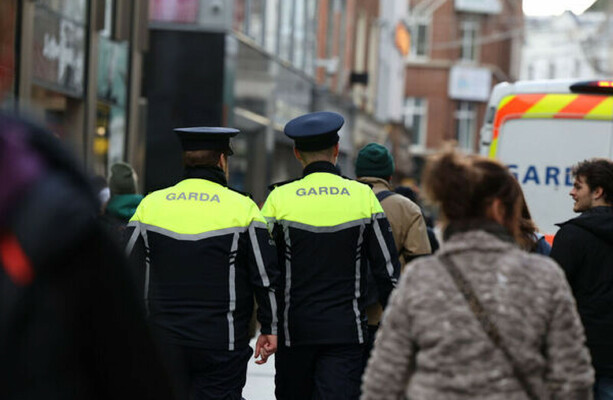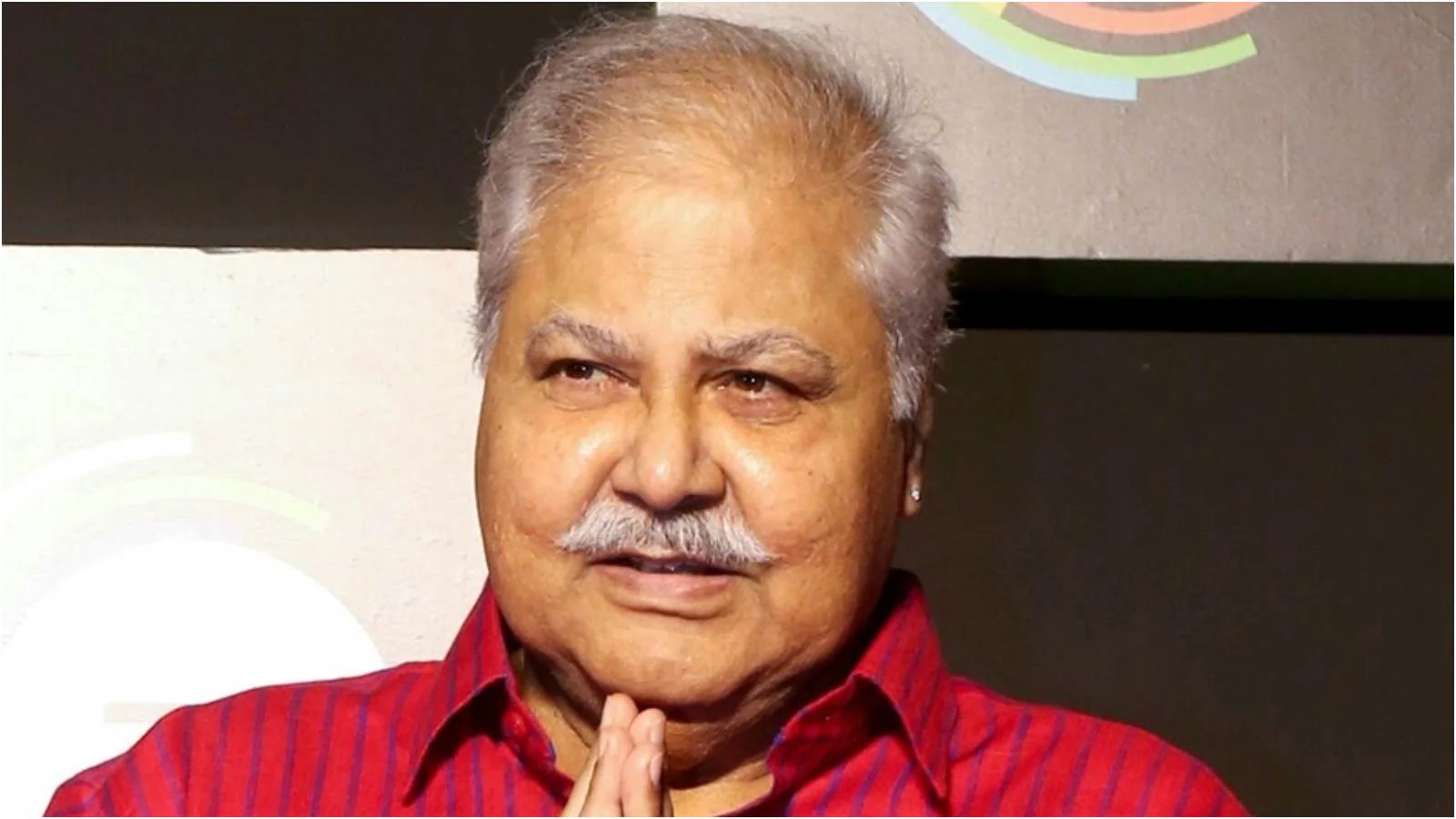Copyright thejournal

We need your help now Support from readers like you keeps The Journal open. You are visiting us because we have something you value. Independent, unbiased news that tells the truth. Advertising revenue goes some way to support our mission, but this year it has not been enough. If you've seen value in our reporting, please contribute what you can, so we can continue to produce accurate and meaningful journalism. For everyone who needs it. One-off amount I already contribute Sign in. It’s quick, free and it’s up to you. An account is an optional way to support the work we do. Find out more. Investigates Investigates Money Diaries The Journal TV Climate Crisis Cost of Living Road Safety Newsletters Temperature Check Inside the Newsroom The Journal Investigates Daft.ie Property Allianz Home The 42 Sport TG4 Entertainment The Explainer A deep dive into one big news story Sport meets news, current affairs, society & pop culture have your say Or create a free account to join the discussion Advertisement More Stories There was an increased garda presence in the capital after the Dublin riots - as discussed at the now defunct Joint Policing Committee.RollingNews.ie local democracy Government asks councils to limit media access to new policing committees The National Union of Journalists has said there should be a presumption in favour of meetings being held in public. 9.01pm, 27 Oct 2025 Share options THE GOVERNMENT HAS advised councils to restrict media access to new local committees on community safety involving gardaí, state agencies and councillors. The National Union of Journalists has said the move does not make sense, and there should be a presumption in favour of press access to the new Local Community Safety Partnerships (LCSPs) currently being formed by councils nationwide. The government is replacing longstanding Joint Policing Committees (JPCs), at which councillors, TDs and Senators discussed local policing decisions and issues with senior and community gardaí, with these new LCSPs. Gary Gannon, the Social Democrats spokesperson on justice, said it was “deeply worrying” that there would be less publicity and scrutiny of local democratic discussion of policing and safety issues. Gannon said this would erode trust by giving the impression of “backroom engagement” between police and politicians. He added that it would also make LCSPs less effective than the Joint Policing Committees they were replacing because “at a very minimum, publicity is a source of pressure”. Changed guidelines The Policing Authority’s 2022 guidelines on the operation of the old JPCs set out that “in general”, their meetings “should be open to the public and press upon request”, unless there were legal or confidentiality reasons not to do so. However, recently finalised guidelines from the Department of Justice on the operation of the new LCSPs remove this presumption in favour of public and press access. The new guidelines state that LCSPs “may facilitate” media attendance “at their discretion and via request to the chair”. The Department goes on to advise that LCSPs consider holding three of six meetings each year in private, allowing media attendance at the other three. It says this would “achieve a balance”. The Department also advises LCSPs to consider limiting media attendance for their first year of operation to public meetings only. LCSPs are required to hold just one of six meetings each year in public. Advertisement The guidelines state that this restriction on media attendance will “allow for relationships and trust to develop” at a time when LCSPs are developing their work plans. This approach should be “reviewed as the partnership’s work evolves”, the guidelines state. TDs, who were members of Joint Policing Committees, will not be able to be members of LCSPs, but the Department of Justice has told The Journal TDs will be able to attend “closed meetings” of the new fora. Only seven councillors can sit on any LCSP, whereas all councillors were able to participate in Joint Policing Committees. This has already seen some consideration of whether media will be able to attend policing meetings in different areas. In a response on behalf a LCSP in Waterford, where the new model was trialed, a spokesperson for Waterford City and County Council said that media attendance at meetings “is at the discretion of the Partnership, and this will have to be discussed and agreed by the members, when they convene formally”. The Waterford project met for the first time this week with some new membership, having completed its pilot phase. An induction process is being carried out before they hold formal meetings. Seamus Dooley, Irish secretary of the National Union of Journalists, said the restrictions advised by the department “make no sense whatsoever”. He said JPCs have always had the option to hold sections of their meetings in private when sensitive issues need to be discussed, and this is a better approach than a blanket limit on press access to entire meetings. Dooley said these meetings are “directly relevant to the lives of the community”, adding that he hoped local media would devote resources to covering them. Thirty-six LCSPs are currently being formed in local authorities nationwide. The membership of eight has been approved so far by the Minister for Justice Jim O’Callaghan. As well as a maximum of seven local councillors, LCSP membership will comprise statutory agencies such as the HSE and Tusla, gardaí and local community representatives. ‘You got to ask questions openly’ Gary Gannon, who was a councillor before he became a TD, said the now defunct Joint Policing Committees were “useful but not perfect”. “What I did find was, at a very minimum, you got to ask questions openly. It worked really well after the Dublin riots, where senior gardaí came into City Hall and answered questions from public representatives. Related Reads Dublin councillors furious at partial exclusion from new policing committee The government is quietly scrapping local committees charged with holding gardaí accountable “People watched and were able to get some information. The media reported on it. That’s exactly what scrutiny should look like in a democracy. The idea that a forum like that would now be behind closed doors with a select group of politicians – that’s deeply worrying, but also, what is the point of it?” Department of Justice responds The Department of Justice said it had advised that when an LCSP meeting is held in private, an agreed report should be made available and shared directly with the media. The Department said its guidelines to councils on LCSPs were a “living document” that may be updated to “reflect new learnings”. It said the guidelins were based on the findings of pilot LCSPs in Dublin’s north inner city, Waterford and Longford. The Department emphasised that LCSPs, while hosted by local authorities, “are not a committee of the council”, and will bring together more people than just politicians and gardaí to identify and respond to community safety issues. “The work of Local Community Safety Partnerships therefore is relational and based on a partnership approach,” the Department said. “The guidance suggests that [LCSPs] give consideration to holding meetings in private to allow for relations and trust to develop among members and as the Safety Partnership develops its workplan. As noted in the guidance, this approach should be reviewed as the Partnership’s work evolves.” LCSPs are legally required to hold at least one public meeting each year, which all members of the community, including the media, can attend, the Department added. With reporting by Eoghan Dalton. The Journal’s reporting of the new Local Community Safety Partnerships is supported by the Local Democracy Reporting Scheme. Readers like you are keeping these stories free for everyone... A mix of advertising and supporting contributions helps keep paywalls away from valuable information like this article. Over 5,000 readers like you have already stepped up and support us with a monthly payment or a once-off donation. Support The Journal Valerie Flynn View 10 comments Send Tip or Correction Embed this post To embed this post, copy the code below on your site Email “Government asks councils to limit media access to new policing committees”. Recipient's Email Feedback on “Government asks councils to limit media access to new policing committees”. Your Feedback Your Email (optional) Report a Comment Please select the reason for reporting this comment. Please give full details of the problem with the comment... This is YOUR comments community. Stay civil, stay constructive, stay on topic. Please familiarise yourself with our comments policy before taking part. Leave a Comment Submit a report Please help us understand how this comment violates our community guidelines. Damaging the good reputation of someone, slander, or libel. Racism or Hate speech An attack on an individual or group based on religion, race, gender, or beliefs. Trolling or Off-topic An attempt to derail the discussion. Inappropriate language Profanity, obscenity, vulgarity, or slurs. Advertising, phishing, scamming, bots, or repetitive posts. Please provide additional information Thank you for the feedback Your feedback has been sent to our team for review. Leave a commentcancel Newly created accounts can only comment using The Journal app. This is to add an extra layer of security to account creation. Download and sign into the app to continue. Access to the comments facility has been disabled for this user View our policy ⚠️ Duplicate comment Post Comment have your say Or create a free account to join the discussion Dublin City Council gary gannon joint policing committee local community safety partnerships local democracy local democracy fund National Union of Journalists seamus dooley News in 60 seconds evening fix Here's What Happened Today: Bank Holiday Monday A man has been arrested after he barricaded himself inside an empty creche in County Meath Oliver Plunkett Street Gardaí launch investigation into attacks on drag artists in Cork city Buenos Aires Argentina's Milei vows more reforms after election win North Strand Road Man charged with assault and public order offences after Connolly canvasser incident UN peacekeeping troops shoot down 'aggressive' Israeli unmanned drone in south Lebanon Michael D Higgins President Higgins to remain in hospital for treatment of infection Michael D Higgins President Higgins to remain in hospital for treatment of infection North Strand Road Man charged with assault and public order offences after Connolly canvasser incident Inside Áras an Uachtaráin: Here's a look at where Catherine Connolly will soon call home How much do you know about Irish movies? more from us Investigates Money Diaries The Journal TV Journal Media Advertise With Us About FactCheck Our Network FactCheck Knowledge Bank Terms & Legal Notices Terms of Use Cookies & Privacy Advertising Competition more from us TV Listings GAA Fixtures The Video Review Journal Media Advertise With Us Our Network The Journal FactCheck Knowledge Bank Terms & Legal Notices Terms of Use Cookies & Privacy Advertising Competition © 2025 Journal Media Ltd Terms of Use Cookies & Privacy Advertising Competition Switch to Desktop Switch to Mobile The Journal supports the work of the Press Council of Ireland and the Office of the Press Ombudsman, and our staff operate within the Code of Practice. You can obtain a copy of the Code, or contact the Council, at https://www.presscouncil.ie, PH: (01) 6489130, Lo-Call 1800 208 080 or email: mailto:info@presscouncil.ie Report an error, omission or problem: Your Email (optional) Create Email Alert Create an email alert based on the current article Email Address One email every morning As soon as new articles come online



